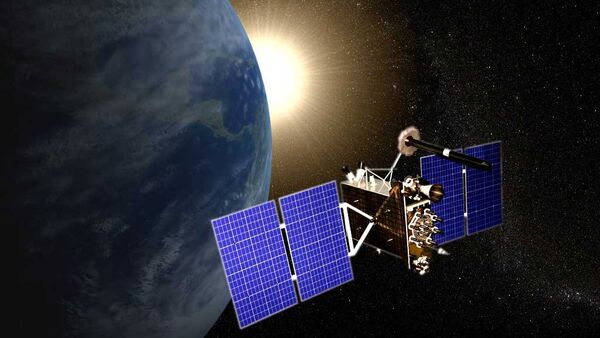“GLONASS will be of help to India because it will be integrated into military equipment that comes from Russia and apart from that it will also serve civilian purpose as it is compatible with Indian satellite system NavIC. Because it is compatible with NavIC it will have increased area coverage and accuracy,” says Group Captain Ajey Lele, Senior Research Fellow at the Institute for Defense Studies and Analyses, New Delhi.
Indian Air Force is waiting for years to obtain specific frequency band for its GSAT-7A satellite from International Telecommunication Union which is absolutely essential for network-centric warfare using a range of platforms like fighter jets, UAV and air-borne radars. Indian military has to depend upon India’s regional navigation system NAVIC which is operational since last year. Experts say that it will take time to fine-tuned hand-held devices, tanks, fighter jets from NAVIC to guide them to the terrorist camps and rival territories. Here, GLONASS will make substantial difference because more than 75% of military equipment are of Russia and compatible of Russian navigation system.
GLONASS ground station in India will also make multiplier impact on civilian purposes.
“There are many navigation systems in the world and GLONASS was mainly serving regional requirements. But owing to increased demand for navigation system for civilian purpose, GLONASS is trying to increase its global footprint,” Ajey Lele added.
Of late, Indian military establishment has expedited the process to acquire radars, software defined radio and other weapon system which will strengthen its surveillance and capabilities to neutralize sub-conventional war. “IAF is networking all its Air Defense assets on a common grid through Integrated Air Command and Control System (IACCS). IACCS is the backbone of IAFs Network Centric Warfare capability, which provides a fused Air Situation Picture based on the inputs from a network of ground based sensors. The integration of AWACS and IACCS strengthens both detection and control capabilities and reduces sensor to shooter time,” India Air Force Chief BS Dhanoa told to BharatShakti defense news.
General Bipin Rawat, Chief of Staff of the Indian Army had also announced the army’s plan to upgrade its outdated military equipment in an endeavor to achieve network-centric warfare capabilities.
Experts believe that GLONASS will also provide Indian military a spoof proof and jam resistant data in scenario where rivals use satellite jammers to disrupts signal.
Never miss a story again — sign up to our Telegram channel and we'll keep you up to speed!





